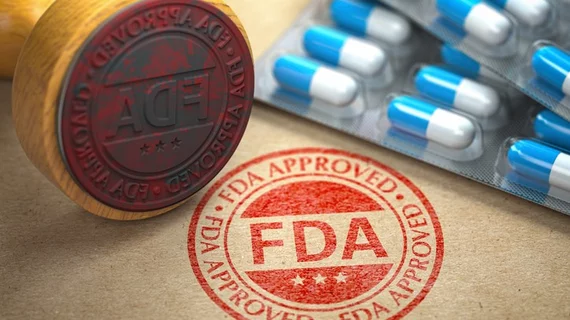FDA aiming to modernize 510(k) process that many radiology devices must go through
The U.S. Food and Drug Administration announced Sept. 6 that it is hoping to modernize the premarket notification 510(k) program that many radiology devices must go through.
As part of the process, the agency released three draft guidance documents, aimed at supporting efforts to strengthen the process. They cover topics including best practices for premarket submission, recommendations on the use of clinical data, and evidentiary expectations for implant devices.
“We recognize there is a need to continue to modernize the 510(k) Program to improve the safety of medical devices while continuing to bring critical devices to patients,” the FDA said in an announcement. “Issuing these draft guidances marks an important step in the FDA’s Center for Devices and Radiological Health’s ongoing commitment to optimize the clarity, predictability, and consistency of the 510(k) Program…”
As part of the changes, beginning Oct. 1, all 510(k) submissions must be submitted electronically using the eSTAR platform. The agency also is accepting comments on the draft guidance documents by Dec. 6 and plans to host a webinar on Oct. 26 to discuss the process.

